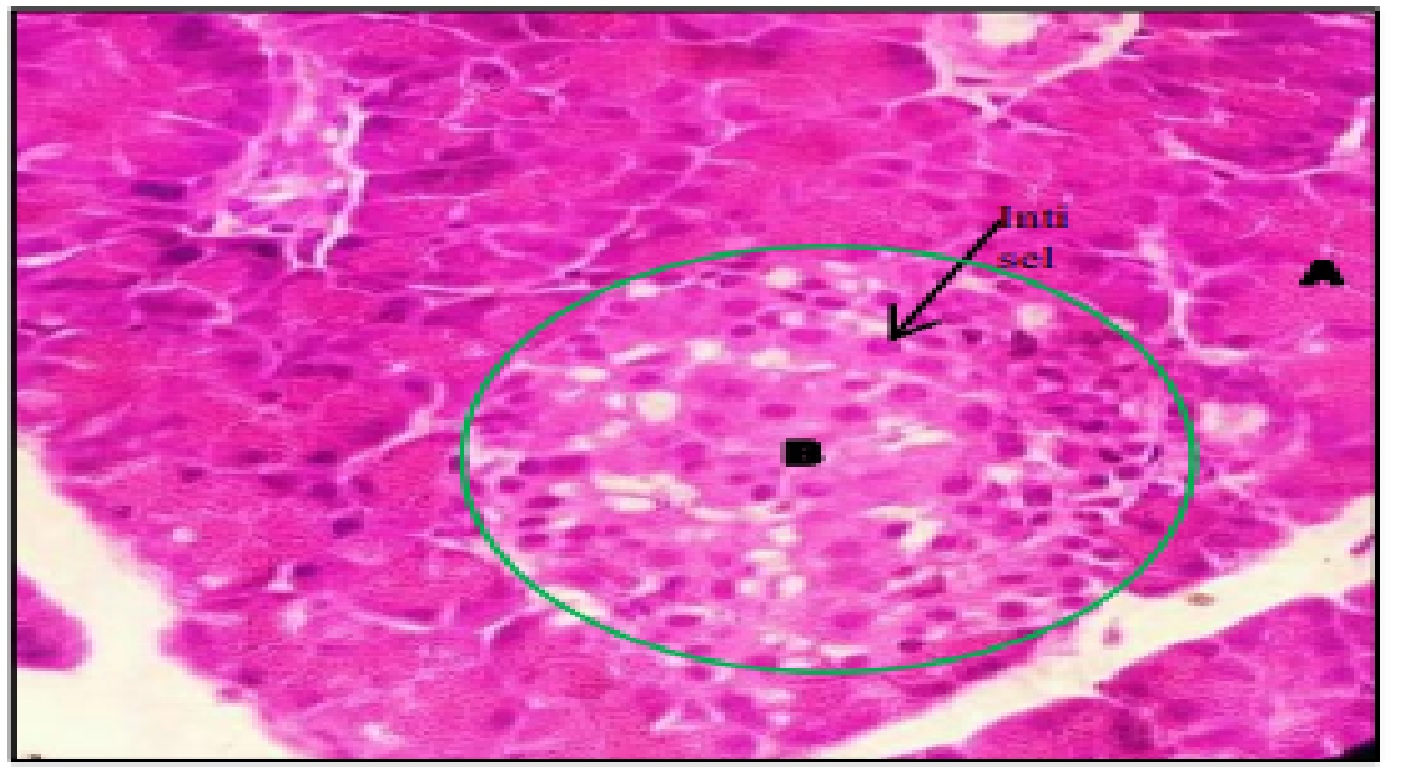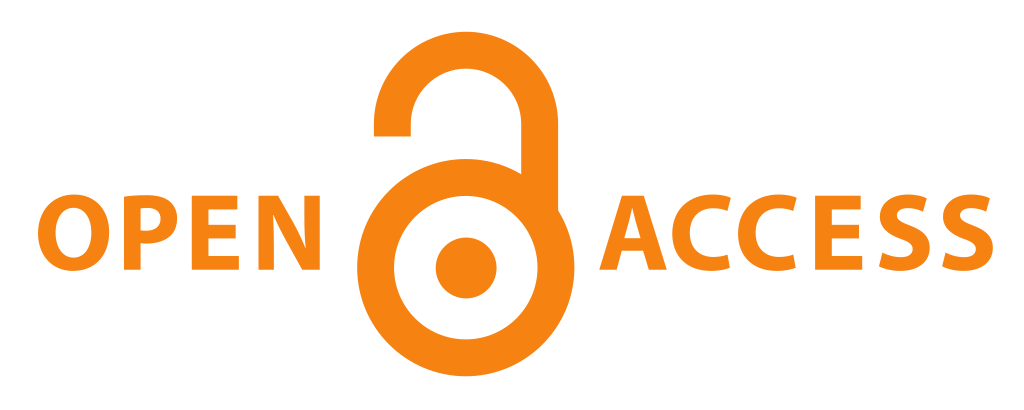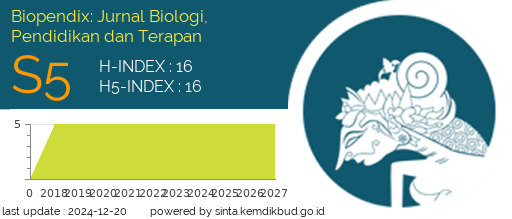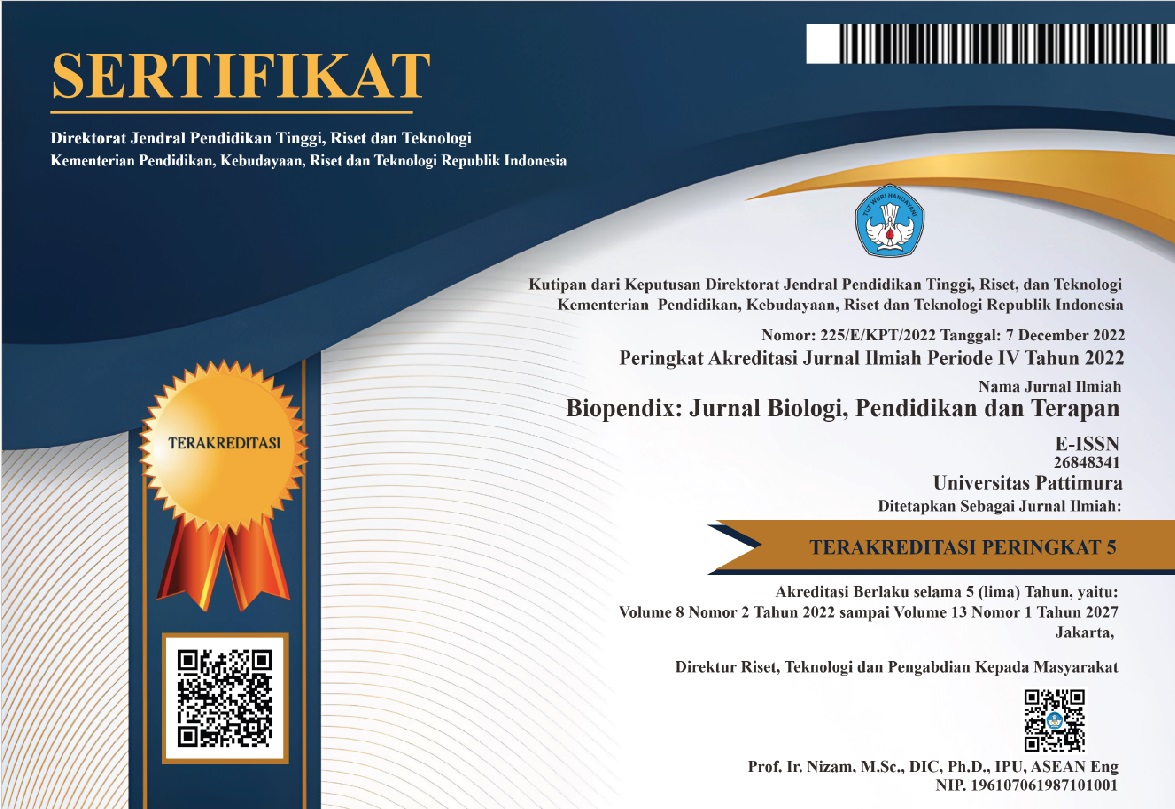POTENSI EKSTRAK DAUN BANDOTAN (Ageratum conyzoides L) SEBAGAI OBAT DIABETES MELITUS
Abstract
Background: Diabetes mellitus is a chronic disease due to insulin deficiency from pancreatic cells so that blood sugar increases (hyperglycemia) and leads to complications. Bandotan plant (Ageratum Conyzoides L) is an alternative medicine that is safe, affordable and effective because it contains many phytochemicals, especially accumulated in the leaves such as alkaloids and flavonoid compounds that act as antioxidants to ward off free radicals and regenerate pancreatic cells.
Methods: This research is a laboratory experiment to determine the antidiabetic activity test of bandotan leaf extract with doses of 75 mg/kg BW, 100 mg/kg BW and 150 mg/kg BW through blood sugar level tests and histopathological observations of Langerhans islet cells in induced diabetic mice. Alloxan monohydrate as much as 150 mg/kg BW intraperitoneally divided into 4 groups, namely 1 control group and 3 treatment groups according to dose.
Results: The results showed bandotan leaf extract doses of 75 mg/kg BW, 100 mg/kg BW and 150 mg/kg BW reduced blood sugar levels by an average of 54 mg/dL and there was an improvement in damage as well as regeneration in islet cells. Langernas as the dose increases. With the best results there is a dose of 150 mg/kg BW.
Conclusion: It is concluded that bandotan leaf extract can reduce blood sugar levels and repair damage to cells of the islets of Langerhans with the best results at a dose of 150 mg/kg BW, which is 78 mg/kg BW.
Downloads

Authors who publish with this Journal agree to the following terms:
- Author retain copyright and grant the journal right of first publication with the work simultaneously licensed under a creative commons attribution license that allow others to share the work within an acknowledgement of the work’s authorship and initial publication of this journal.
- Authors are able to enter into separate, additional contractual arrangement for the non-exclusive distribution of the journal’s published version of the work (e.g. acknowledgement of its initial publication in this journal).
- Authors are permitted and encouraged to post their work online (e.g. in institutional repositories or on their websites) prior to and during the submission process, as it can lead to productive exchanges, as well as earlier and greater citation of published works




 2
2






